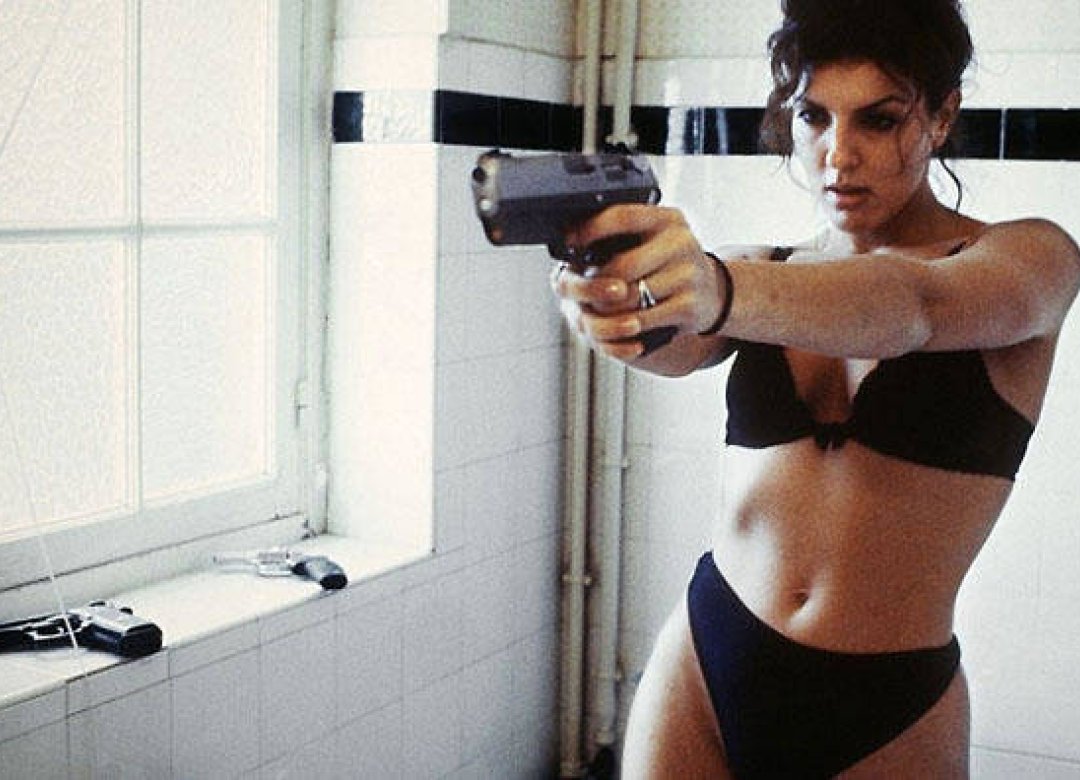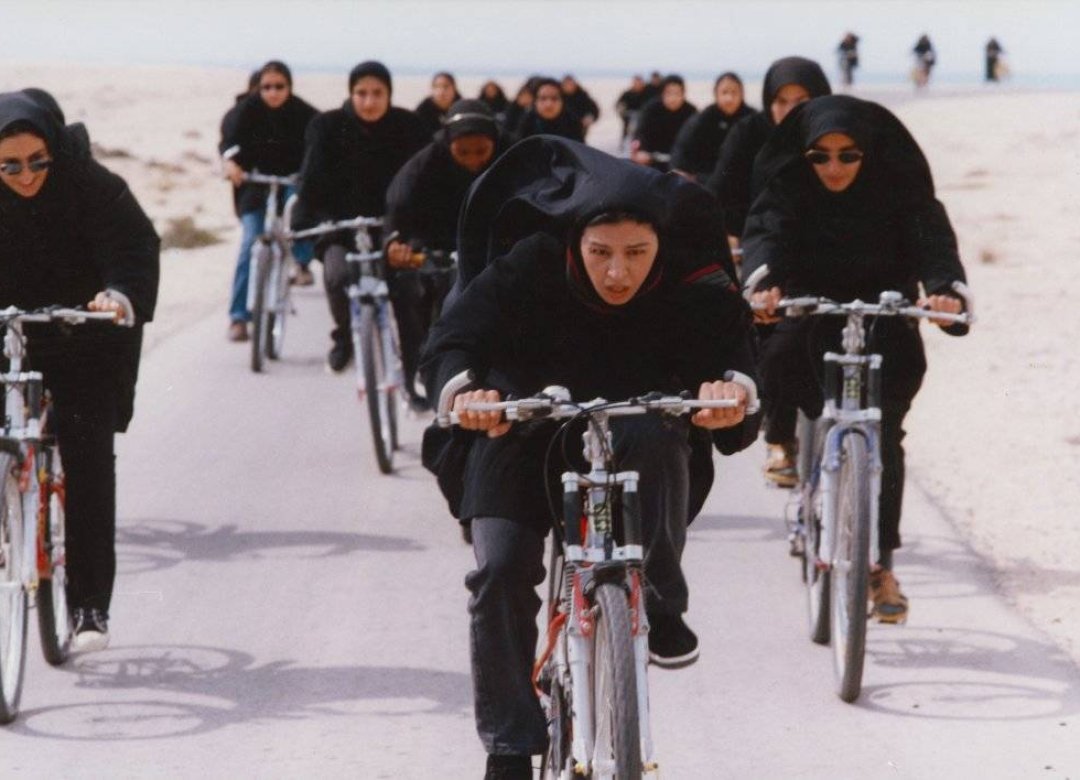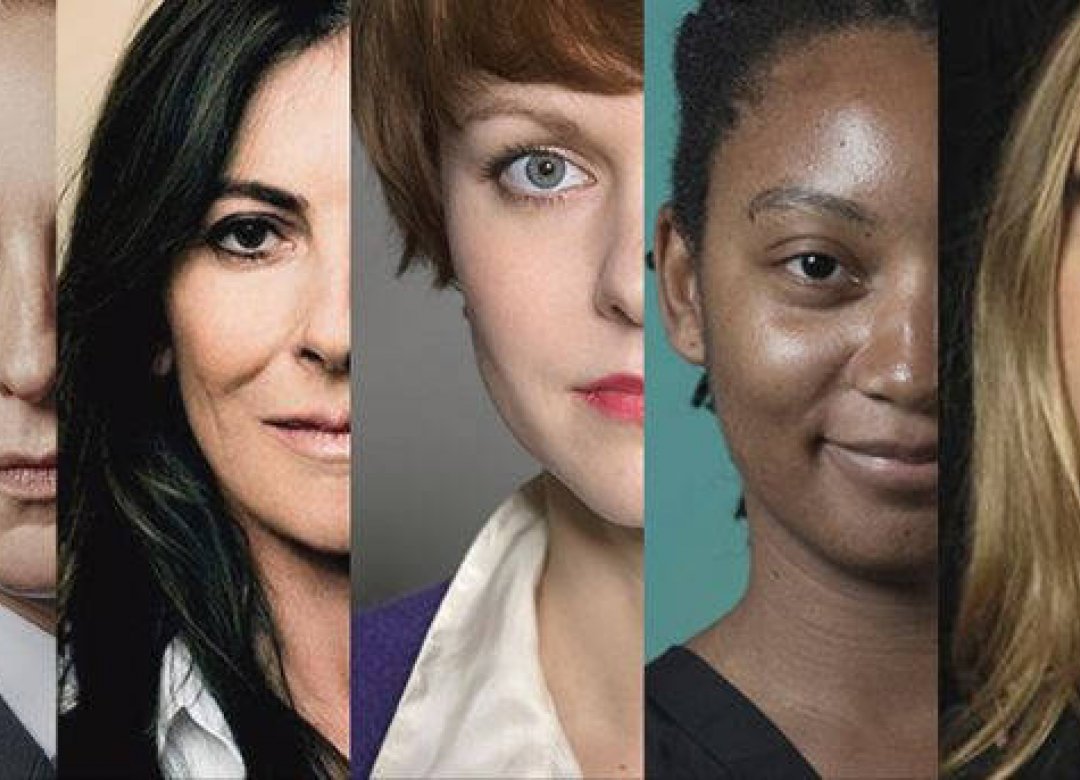Synopse
Ten years ago, I visited Kira Muratova in Odessa for a book I was writing about her work. “Women are slaves” she told me, “regardless which social structure, they're slaves.” She went on: “I'm often asked if I think men and women make different films. It was at the end of the 1980s and I was in Créteil for a women’s film festival at the time. Until then, I had always though it was stupid to think of women’s cinema as distinct to men’s. But then I saw a lot of harsh films in Créteil, nothing at all ladylike. Women are slaves, so they make vengeful films. They tell it like it is. In and of themselves, things have different names, affection, vulgarity... the women, whose films I saw, preferred things that were harsh.”
These words were given to me by the most important director of the former Eastern Bloc when I visited her at the very beginning of my film career. Muratova's words surprised me, perhaps even shocked me a little; they've been with me ever since. Sadly, we can no longer ask Muratova directly, as she passed away two years ago. Instead, I'm setting off to meet some of the most important women directors of our time, to talk about contemporary cinema, about vengeance and about harshness. Are there certain stances among women directors, which are distinct to the male gaze, or the male perspective? Are such stances characterised by harshness? What other distinguishing features do they have? What makes them different?
A young woman filmmaker myself – now equipped with Muratova’s thesis – I use this essayistic film to ask if it’s true that women make the harsher films. Is there an extent to which they are marked, unconsciously, or consciously perhaps, by revenge? And if not revenge, what other lived experience do women directors bring to their films? How does this manifest in women's film? Does the female gaze really exist?
These words were given to me by the most important director of the former Eastern Bloc when I visited her at the very beginning of my film career. Muratova's words surprised me, perhaps even shocked me a little; they've been with me ever since. Sadly, we can no longer ask Muratova directly, as she passed away two years ago. Instead, I'm setting off to meet some of the most important women directors of our time, to talk about contemporary cinema, about vengeance and about harshness. Are there certain stances among women directors, which are distinct to the male gaze, or the male perspective? Are such stances characterised by harshness? What other distinguishing features do they have? What makes them different?
A young woman filmmaker myself – now equipped with Muratova’s thesis – I use this essayistic film to ask if it’s true that women make the harsher films. Is there an extent to which they are marked, unconsciously, or consciously perhaps, by revenge? And if not revenge, what other lived experience do women directors bring to their films? How does this manifest in women's film? Does the female gaze really exist?
Fotogalerie



